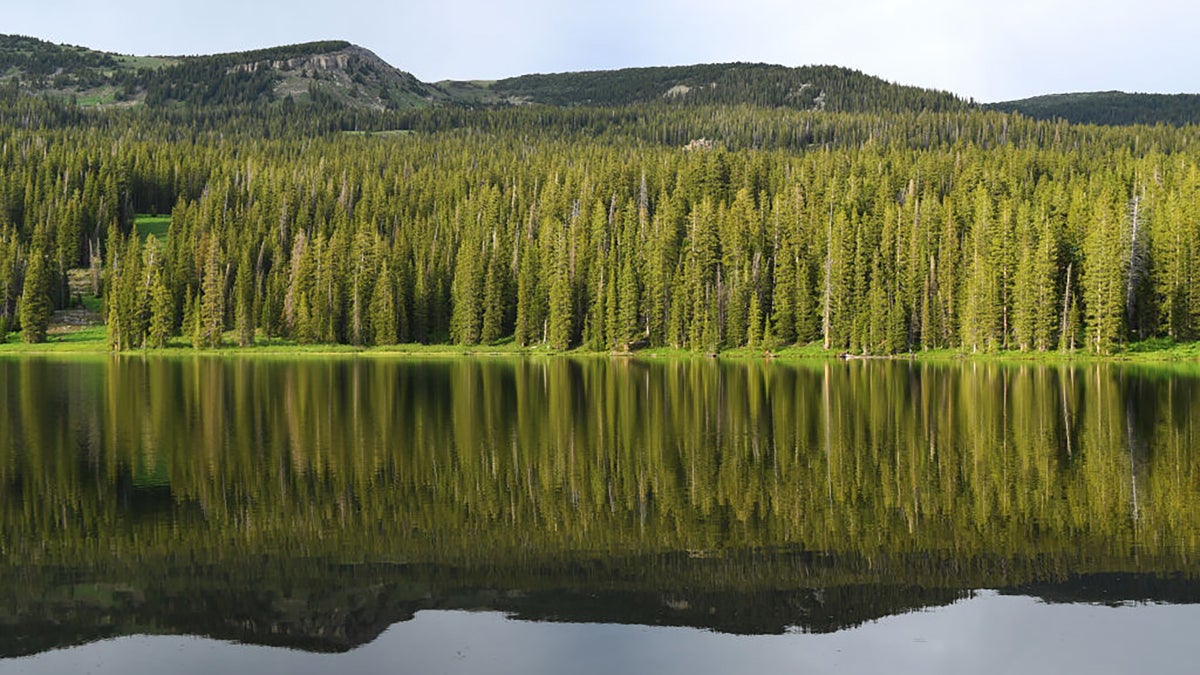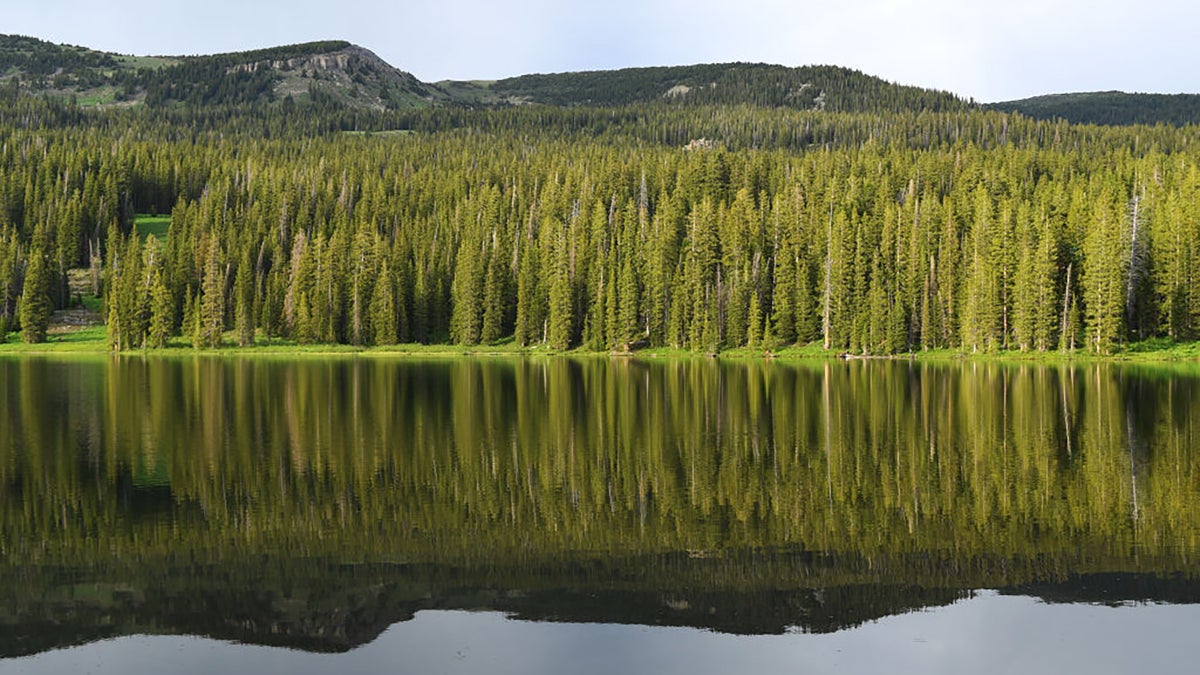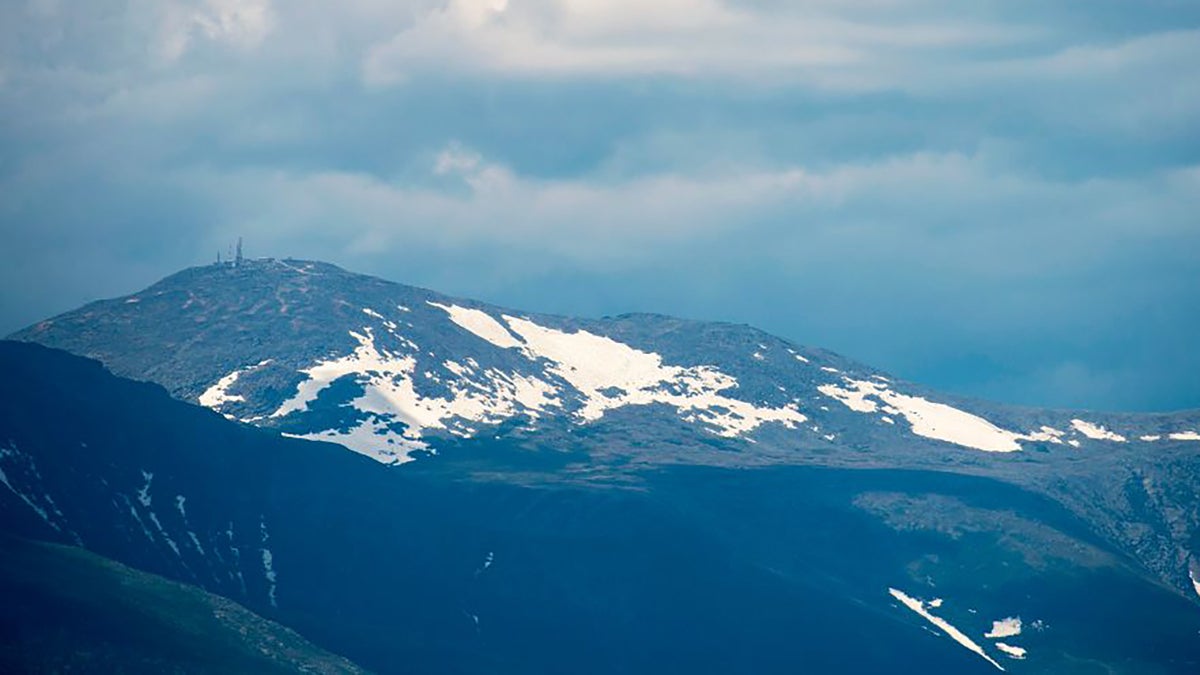
The U.S. Senate’s plan to sell off millions of acres of public land just lost considerable steam in the halls of power.
And the Republican Senator behind the plan says he will adopt a new strategy.
On Monday, June 23, Elizabeth MacDonough, the Senate Parliamentarian—an advisor and referee-like figure who enforces the voting rules of the U.S. Senate—ruled that the provision could not added to the Republican-led reconciliation bill. The decision was announced in a press release by the Senate Budget Committee and was first reported by E&E News.
The move has raised the political bar for the provision. Instead of passing via a simple 51-vote majority, the plan would require a two-thirds vote to pass.
The current party division in the U.S. Senate is 53 Republicans, 45 Democrats, and two Independents.
The shift comes after the proposed sell-off generated vocal backlash not only from Democrats and conservation groups, but also from Republican officials, business owners, and non-profits focused on hunting and fishing.
The public lands sell-off was originally part of President Trump’s so-called “Big Beautiful Bill,” and was added by Utah Senator Mike Lee, the chair of the Senate’s Energy and Natural Resources committee. The original plan called for the U.S. to auction off up to 3 million acres of land in 11 western states managed by the Forest Service and Bureau of Land Management to raise funds for federal spending.
Housing prices are crushing families and keeping young Americans from living where they grew up. We need to change that.
Thanks to YOU—the AMERICAN PEOPLE—here’s what I plan to do:
1. REMOVE ALL Forest Service land. We are NOT selling off our forests.
2. SIGNIFICANTLY REDUCE…
— Mike Lee (@SenMikeLee) June 24, 2025
On Monday, Lee published a statement on X saying he would alter the proposal—but still include plans to sell public land.
“Remove all Forest Service land. We are not selling off our forests,” Lee wrote. “Significantly reduce the amount of BLM land in the bill. Only land within 5 miles of population centers is eligible.”
According to E&E News Lee has not yet submitted any changes to the plan to the Senate parliamentarian.
In late June, four Republican senators came out in opposition of the plan: Steve Daines and Tim Sheehy of Montana, and Jim Risch and Mike Crapo of Idaho.
“After reviewing the Senate Energy and Natural Resources reconciliation language, I do not support the proposed provision to sell public lands,” Risch said in a statement released on June 20.
More pushback came from hunting groups. Hunter Nation, a non-profit group that aims to “preserve and protect our nation’s hunting heritage,” told its members on social media that it “stands opposed to the indiscriminate sale of our public lands.”
Update from Capitol Hill on the proposed sell off of public lands: @HunterNation is currently headed into a meeting with lawmakers to make sure our voices are heard!
Be sure to do your part as well and message or call your Senator TODAY! pic.twitter.com/SsptVmDZXv
— James Jinnette (@james_jinnette1) June 24, 2025
“These lands belong to ‘We the People’ and they should continue to remain as such,” the group wrote.
In Wyoming, 85 local business signed a letter to Senators John Barrasso and Cynthia Lummis, calling the plan a “non-starter for Wyomingites.”
The news sparked a wave of positive public statements from conservation and wildlife non-profits.
The sell-off plan is out—for now. Last night’s win is a big step forward, but public lands are still under threat. Americans have spoken: These places belong to all of us. Let’s keep it that way. Read more from @CarriebHauser: https://t.co/o66HWrSzDp
— Trust for Public Land (@tpl_org) June 24, 2025
The Trust for Public Land called the development “an important victory,” and the result of Americans making it “overwhelming clear they do not want to see their public lands sold off to the highest bidder.”
Tracy Stone-Manning, the president of The Wilderness Society, and former head of the Bureau of Land Management, said the news was “a victory for the American public.”
“We trust the next politician who wants to sell off public lands will remember that people of all stripes will stand against the idea,” Stone-Manning added. “Our public lands are not for sale.”
The post Political Forces Are Shifting Against the Public Lands Sell-Off appeared first on Outside Online.















